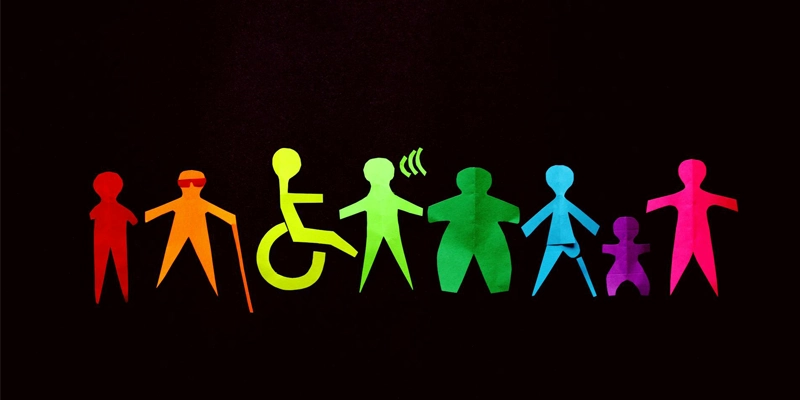News & Activities
Methodology Monday September Roundup

For the month of September #MethodologyMonday will focus on the inclusion of persons with disabilities. To open the discussion, a call to action from Anderson and colleagues for disability inclusion in health research, who share that despite their strengths, disabled people remain underserved by health research. Addressing this requires actions on various levels and across all areas of research.
Ref. (Not available as open access) Anderson, A.M., Martin, R.A., DeCormier Plosky, W. et al. A global call to action for disability inclusion in health research. Nat Med 31, 1399–1403 (2025).
In continuing the #MethodologyMonday focus on persons with disabilities, Bishop et al discuss the inclusion of adults with intellectual disabilities. Through an online questionnaire sent to lead investigators of studies that either excluded or included persons with an intellectual disability, they collected feedback to understand the reasons for these choices. A panel discussion was then carried out with persons with disabilities to discuss the earlier feedback. Some of the principal barriers identified included: non-accessible research design, lack of confidence with capacity and consent, limited resources and the added need for training.
In this scoping review by Gréaux and colleagues, they found that barriers were identified across the health system (e.g., cost, training, coordinated service) and through wider contributing factors (e.g., social stigma or health literacy). Moreover, this #MethodologyMonday focus also shows that the solutions brought forth do not necessarily address these needs, among other issues identified.
In the mixed-methods systematic review carried out by Stokes et al, not only were barriers identified but also facilitators for the implementation of capacity legislation in care homes. This #MethodologyMonday feature article elucidates how training with real examples, strong organisational processes and policies, and person-centred care came out as key facilitators.
To close out this September’s #MethodologyMonday focus on people with disability, we look at how to improve the inclusion of those with impaired capacity with the dedicated INCLUDE framework. With input from the consortium, this article outlines the development of this dedicated framework. It is built with two components: a set of four key questions to support the identification of who should be included in the trial, and worksheets that cover different elements of the trial to support the inclusion of this under-served group.


